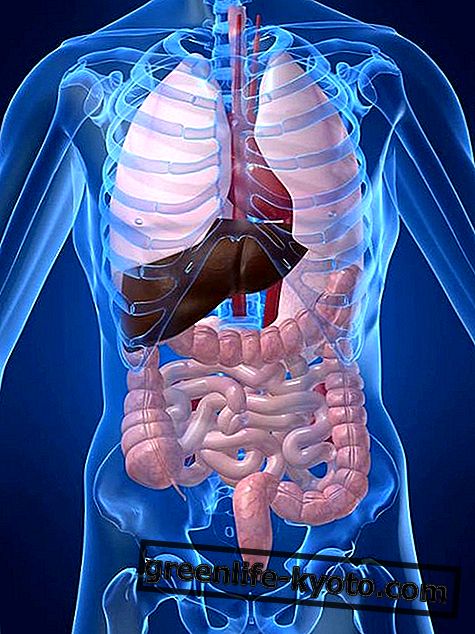Edited by Veronica Pacella, Nutritionist
Ascorbic acid, or ascorbate, is synonymous with vitamin C, a term used as a generic descriptor for all compounds capable of preventing or treating scurvy. The predominant form of the vitamin in tissues and foods is ascorbate. Dehydro-ascorbic acid is another compound with vitamin activity, but its concentration in tissues and foods is very low. Let's find out better.
3D structure of the ascorbic acid molecule

What is ascorbic acid for?
It performs important functions and in particular increases the immune system and helps the body to defend itself from viral attacks. It intervenes in the metabolism of iron and in the related metabolisms such as the synthesis of connective tissue, the metabolism of tyrosine (precursor of several hormones) and synthesis of carnitine (another nutraceutical).
With the copper metabolism, it also participates in the synthesis of catecholamines (adrenaline and noradrenaline, the hormones produced by the adrenal glands) and peptide hormones (oxytocin, vasopressin, cholecystokinin). It takes part in the healing of wounds, is an adjuvant against anemias and is important for growth as it strengthens bones and teeth.
A marginal deficiency of vitamin C is associated with reduced biochemical functions without any clinical signs appearing, only in the state of clinical deficiency can the classic symptoms of scurvy be manifested.
The recommended daily intake levels are 60mg / 80mg.
Where ascorbic acid is found
Ascorbic acid is found in citrus fruits, kiwi, tomatoes, peppers, cabbage, green vegetables and more generally in fresh fruit and vegetables. Concentrations may vary depending on the variety, ripeness, storage times and methods after harvesting. When the foods are stored or cooked there is a rapid oxidation of the ascorbate, to preserve the vitamin steam cooking is preferable.
You can learn more about all the foods that contain vitamin C

Contraindications
In the case of excessive doses of vitamin C there is the possibility of formation of oxalate stones in the urinary tract, the excessive absorption of iron by some subjects and a negative interaction with the absorption of vitamin B.













